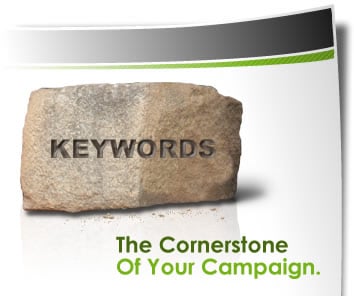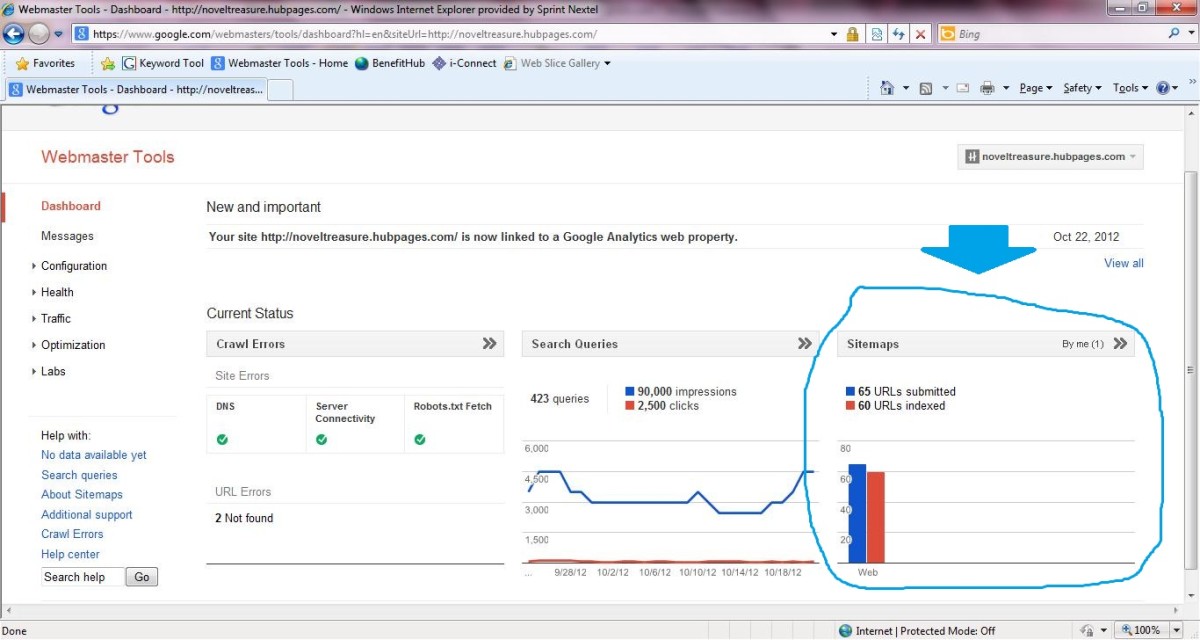Benefits of Keywords- Use of Long Tail Keywords and Short Tail Keywords

At this time, I have come up with some really interesting and important info that has helped me in gradually increasing the amount of traffic coming to my hubs and can help any other article writer, blog writer, content writer, or hubber in the same way, so if your hubs, blogs, or articles are getting decreased traffic and generating just a few 100 impressions on a daily basis, applying my technique can make you produce almost three or more times page impressions and generate high quality traffic of what you are receiving right now. This is nothing new but the same old content writing and search engine optimization rule that many prolific writers are using globally to gain some respect for their blogs, hubs, and articles in the eyes of search engine spiders. In this hub, I will explain the benefits of keywords with use of long tail keywords and short tail keywords and in my next hub, I will talk about keyword occurrence and keyword density (link below) because using keywords appropriately helps in increasing the amount of high earning potential traffic to your articles.
What is a keyword?
I hope you are able to understand what keyword means when it comes to keywords or tags used in your hubs or articles. If not, I would like to tell you that these are some really important terms your articles or hubs are built around. At hubpages, hubbers call them tags & categories. At blogspot, bloggers call them labels. Okay. Now for example, if you are writing the title of your article as "How To Make Money On The Internet – Earning Money Online" then how to make money, make money on the internet, make money online, earn money online, earning money online, online money making ideas could possibly be a few keywords among many that you can use in your articles or hubs. Out of many keywords, the most important are the ones that you use in the title of your articles, blogs, or hubs. In this case, Make Money On The Internet and Earning Money Online are the two important long tail keywords in the title of your articles, though there are many more.
Some good books to help you increase your search engine rankings
Now comes the part what is the benefits of keywords and what is the benefits of using these keywords in your articles, blogs, or hubs. In order to understand the benefits of keywords, you must know that keywords are of 2 types, i.e., long tail keywords and short tail keywords. After understanding and learning about both of these, you will be able to automatically understand the benefits of keywords.
Benefits of Keywords - Use of Long Tail Keywords and Short Tail Keywords
Now, let’s talk about long tail keywords first. If we take the example of the title I have provided above, long tail keywords are like how to make money, make money on the internet, earn money online, etc. which itself have more than one keywords in it. Reversing this if they are not long tail keywords, then they are short tail keywords definitely like make money, earn money, or money alone.
The benefits of long tail keywords are that they are of more value for us than short tail keywords because they are less competitive and if you are using them, then you have chances of getting traffic and more and more visitors to your blogs, hubs, or articles from search engines like google, yahoo, etc. when comparing to those written around short tail keywords because of less competition in the search engines. Also, search engine spiders and bots index long tail keywords more frequently than short tail keywords because of again the same thing, less competition. So the next time you write an article, use different types of long tail keywords in your articles title and body.
Also read my other hub, Benefits of Keywords - Keyword Occurrence plus Keyword Density in which I have talked about how many times we should use keywords in our articles and how.









